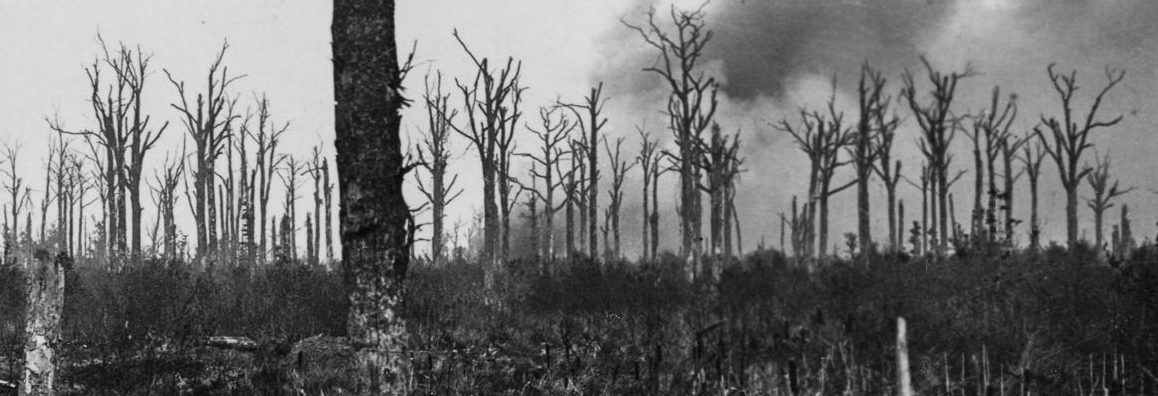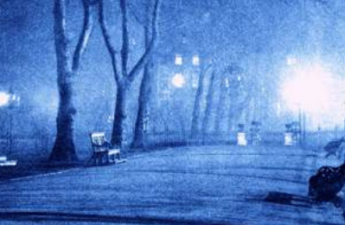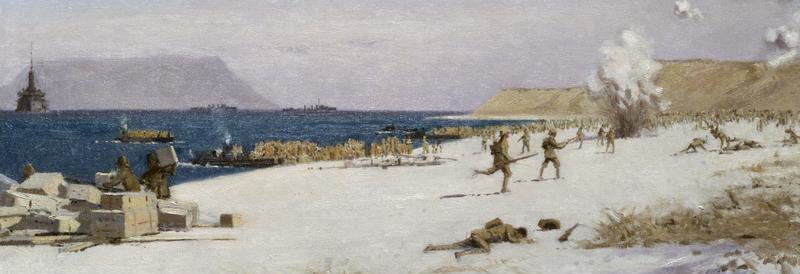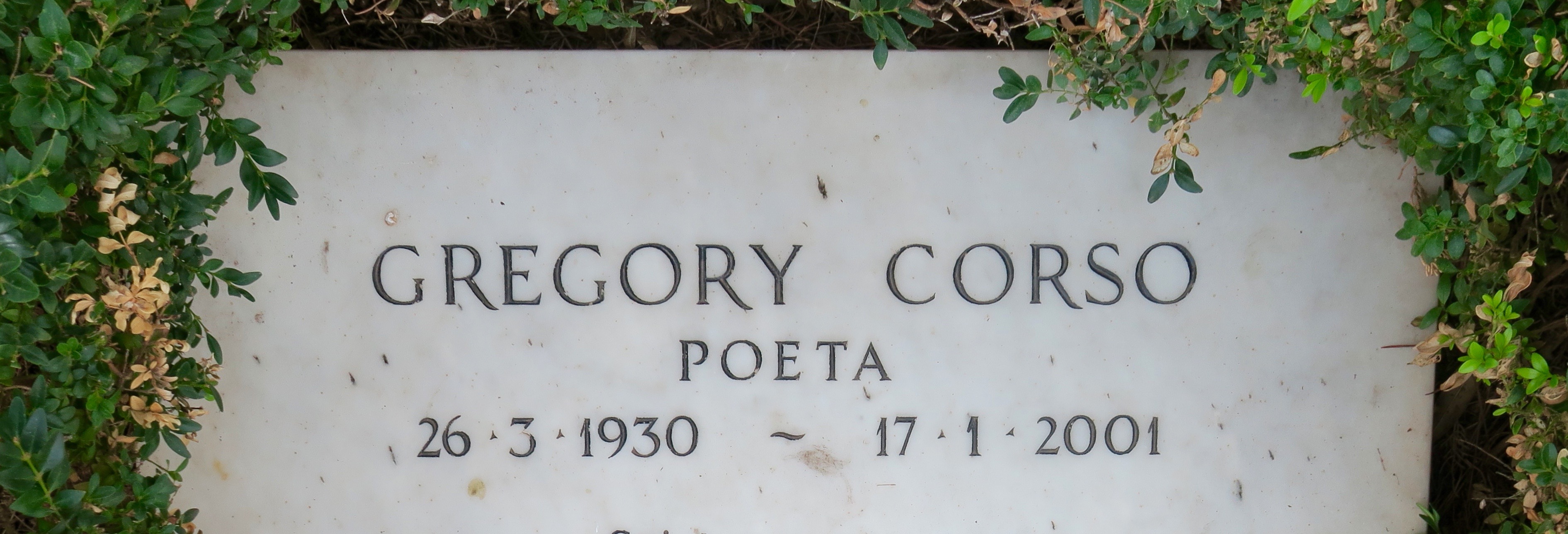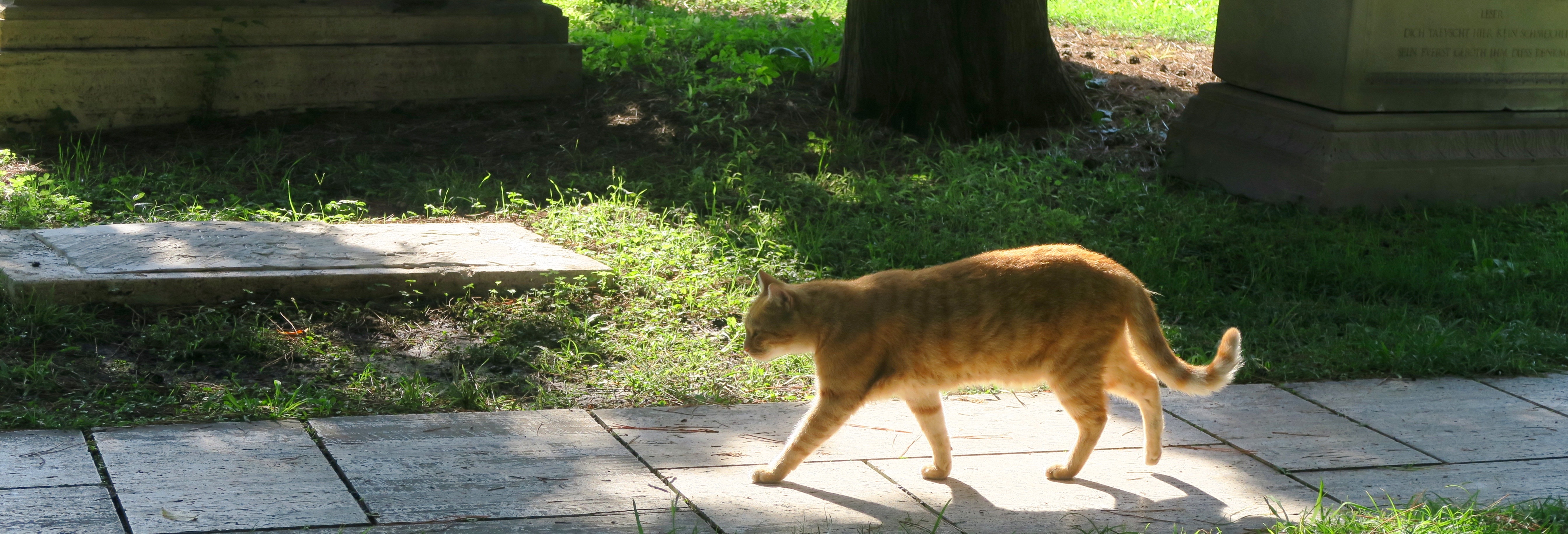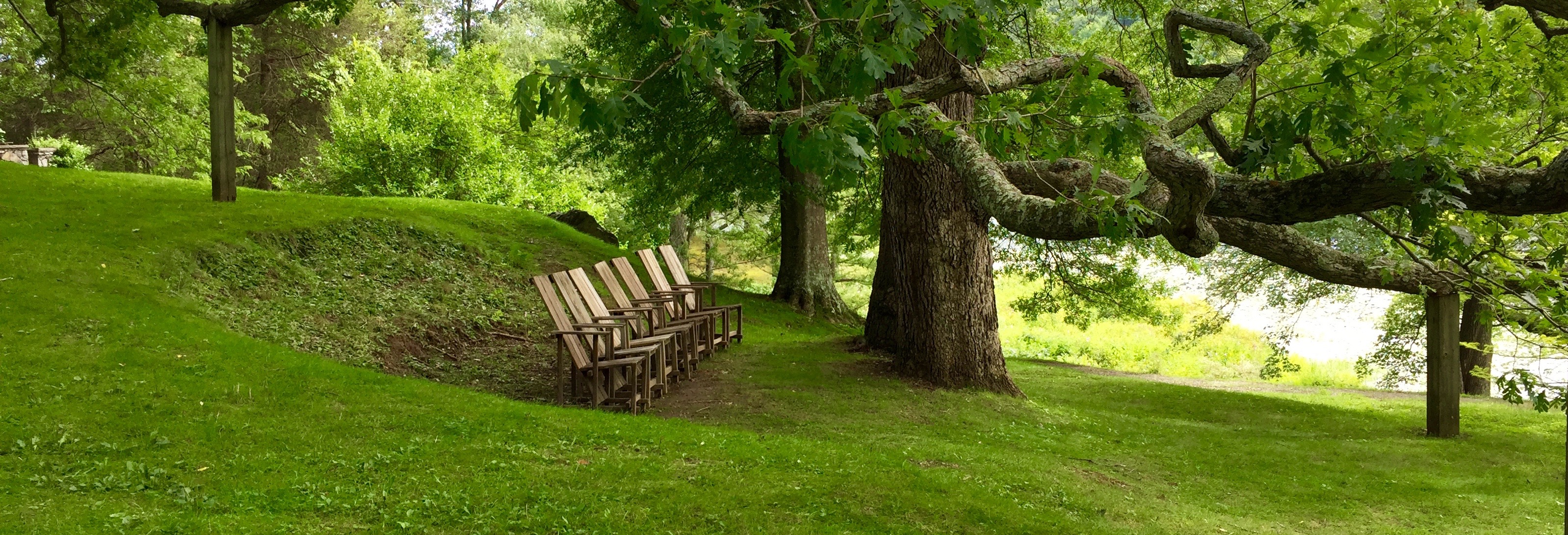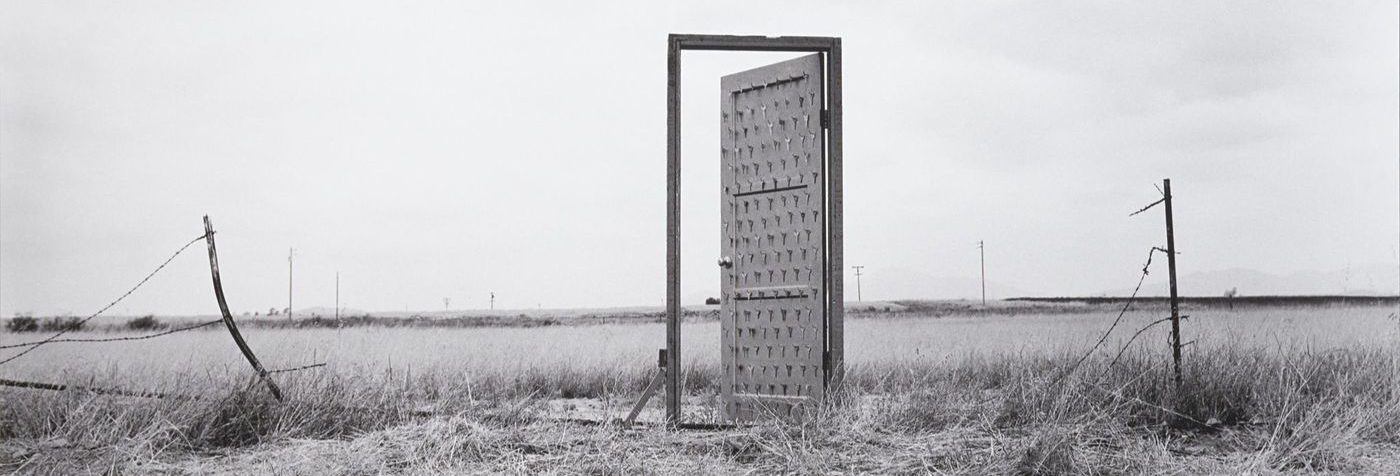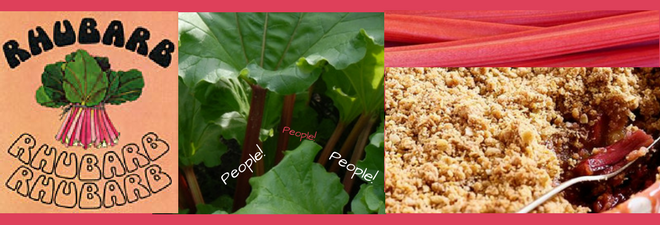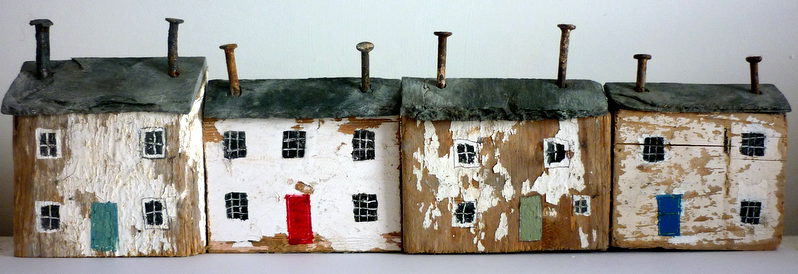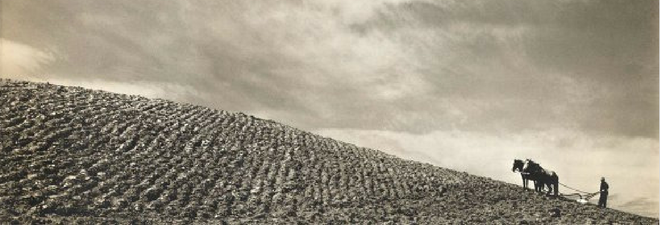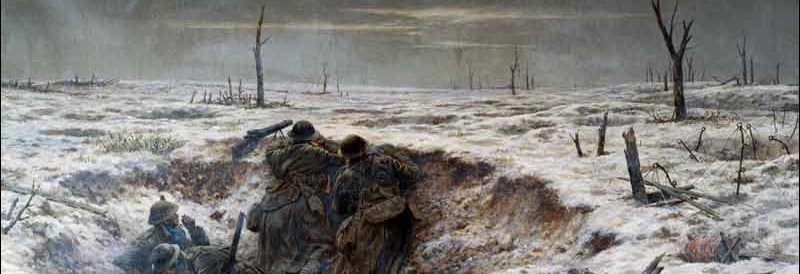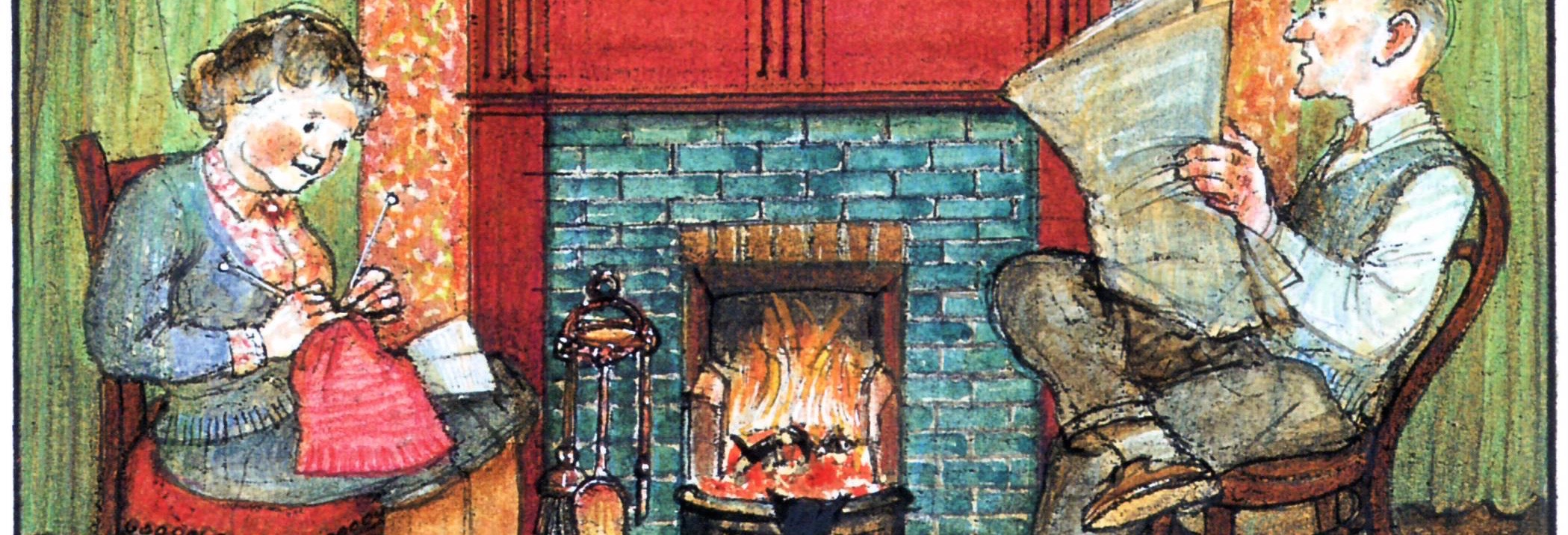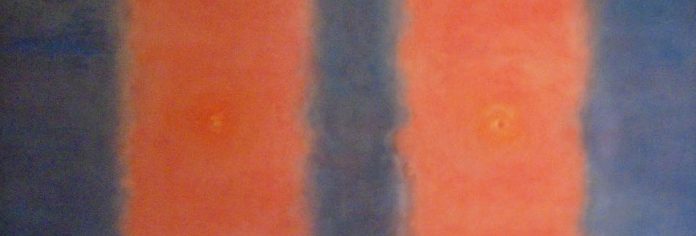I thought of going back to France, but realised the absurdity of the notion. Since 1916, the fear of gas obsessed me: any unusual smell, even a sudden strong smell of flowers in a garden, was enough to send me trembling. And I couldn’t face the sound of heavy shelling now; the noise of a car back-firing would send me flat…
Tag: poetry
The Night City
If you’ve ever been young and full of dreams …. If you ever headed to the big city with your imagination teeming with the prospect of joining the generations of those who came before you and left their mark … this is a poem for you. Think Paris, New York, London – any great and storied city that has been…
Suvla Bay, Gallipoli 1915
It seemed to them that they were to go on living like that, and writing like that, for ever and ever. Then suddenly, like a chasm in a smooth road, the war came. – Virginia Woolf from The Leaning Tower, A paper read to the Workers’ Educational Association, Brighton, May 1940. Writing and speaking in 1940 – as another war…
The Romance of Gregory Corso: Cypress, Marble, Moon!
“I hate poetry and all its fucking ambitious son-of-a-bitches who call me a showman because I act myself”. Gregory Corso letter to Lawrence Ferlingetti, September 6th 1957. My poor life is so fucked up, what’s the meaning of it all? I don’t yet know, when I do find out i fear it will be too late.” Gregory Corso, letter to Allen…
Grave Responsibilities
There’s a cat sanctuary in the grounds of the Pyramid in Rome. This rather incongruous Egyptian style pyramid was built in 30 BC as a tomb. It was later incorporated into the section of the Aurelian Walls that now border a cemetery designated by one guidebook as being for “non-Catholic cults’. The graveyard is also known as the Protestant.cemetery or the English cemetery although…
The Squelch and Why School Should be More Like a Fungus
It’s been wet this August and last week was topped off by a cracker of a thunderstorm storm that dropped torrential rain and knocked out the power for a few hours. The routine stroll around the lake at Innisfree Garden was more of a squelch. Many paths were waterlogged and you could hear the roar of the waterfall from across…
The United States Welcomes You
We’re happier when we chat to strangers, but our instinct is to ignore them https://t.co/ExmL3GSCWw via @researchdigest — Tina Seelig (@tseelig) July 19, 2018 A tweet from Tina Seelig led to this interesting piece of research: It’s become a truism that humans are “social animals”. And yet, you’ve probably noticed – people on public transport or in waiting rooms seem…
The Need to Make
Not bird not badger not beaver not bee Many creatures must make, but only one must seek within itself what to make from Lament For the Makers Frank Bidart Choosing what to make, with what, where, with whom and why makes us human. What to make? Where? And With What? But then there are so many choices:
Why Rhubarb?
Rhubarb, Rhubarb Words A definition of rhubarb – the noun – is meaningless background noise. This meaning is attributed to the mid 19th century practice of the theater company of Charles Kean at the Princess Theater, London. In crowd scenes actors repeated the word “rhubarb” to mimic the sound of indistinct conversation. Rhubarb was chosen because it has no harsh-sounding…
Valentine for Ernest Mann
Valentine for Ernest Mann You can’t order a poem like you order a taco. Walk up to the counter, say, “I’ll take two” and expect it to be handed back to you on a shiny plate. Still, I like your spirit. Anyone who says, “Here’s my address, write me a poem,” deserves something in reply. So I’ll tell a secret…
A Perfect Match
Some paintings are made to pair with a poem. Read Edward Thomas’s As the Team’s Head Brass and then take another look at A Winter Landscape, 1926 by Christopher Richard Wynne Nevinson (1889–1946) As the Team’s Head Brass As the team’s head-brass flashed out on the turn The lovers disappeared into the wood. I sat among the boughs of the fallen elm That…
Night Patrol
All agreed that 1917 had been a sad offender. All observed that 1918 did not look promising at its birth. At midnight on New Year’s Eve 1918 the poet Edmund Blunden looked out over the whole Ypres battlefield: It was bitterly cold, and the deep snow all round lay frozen. We drank healths, and stared out across the snowy miles…
Marching Men
Literary reputations come and go, rise and fall like food fads and fashion. Marjorie Pickthall – once so highly regarded that she was considered the best Canadian poet of her generation – is now mostly forgotten. Pickthall was something of a child prodigy. At 15, she sold her short story “Two-Ears” – about an Iroquois boy who wants to prove himself a…
On the Disadvantages of Central Heating
Hard to think of a better example of misplaced romantic nostalgia than yearning for the days before the era of modern central heating, double glazing, insulation and hermetically sealed homes. The fretwork of ice on the inside of the bedroom window in the morning; the eternal sliding off of the eiderdown in the middle of the night no matter how…
What The Living Do
I’ve been reading the quite wonderful Tirzah Garwood memoir Long Live Great Barfield – a book that deserves several posts all its own. For now, here is her wood engraving Winter “1927 to accompany Marie Howe’s affecting and life-affirming poem about keeping going and carrying on after loss: What the Living Do. It’s in the form of a letter to…
